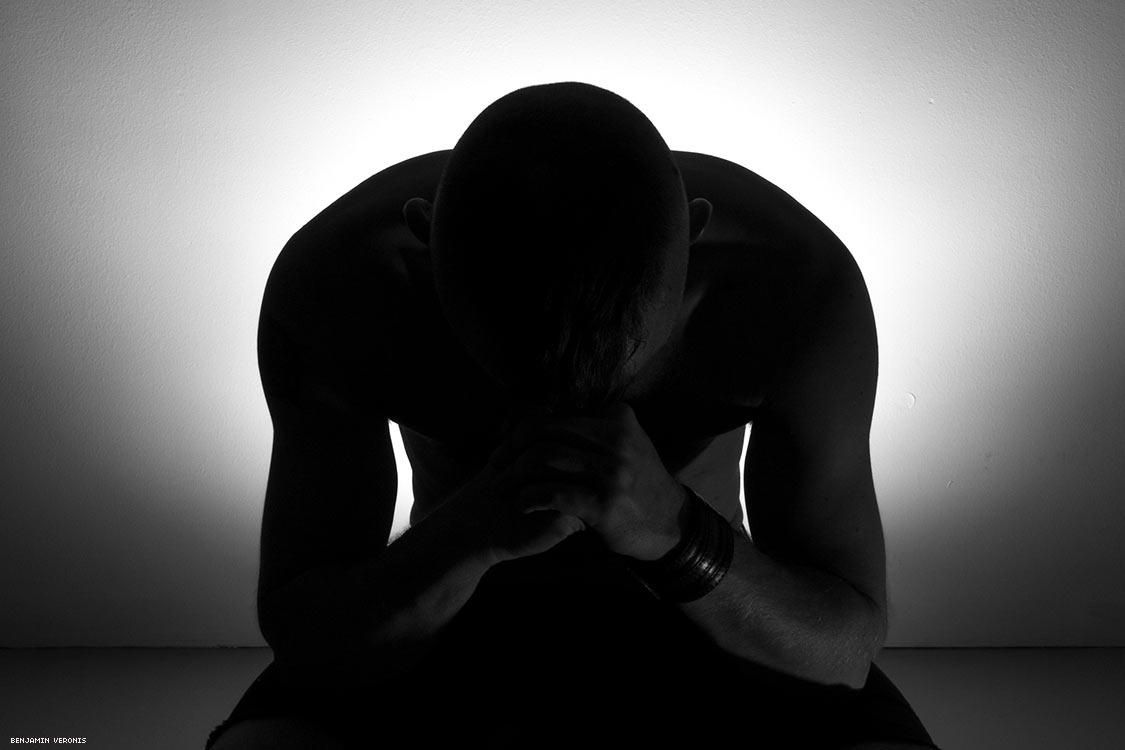In the Bahá’í Faith, spiritual practices such as prayer, meditation, and fasting are not merely rituals; they represent profound pathways to inner transformation and deeper connection with the divine. These practices embody an intricate interplay of reflection, devotion, and the conscious striving toward spiritual excellence. Have you ever paused to ponder how these practices can empower you in your daily life, or perhaps even posed the playful question: what if the key to overcoming personal challenges lies in these sacred rituals? The challenge, then, is to explore these spiritual practices not just as observances, but as vital instruments for enlightenment.
At the core of Bahá’í teachings is the recognition of the importance of prayer. Prayer serves as a bridge between humanity and the divine, fostering an intimate relationship with God. In the Bahá’í context, prayer is both an individual and communal endeavor, facilitating personal connection, as well as unity among followers. The rhythmic recitation of prayers invites peace and tranquility into one’s life, allowing practitioners to find solace in the midst of chaos.
There are two forms of prayer in Bahá’í practice: obligatory and non-obligatory prayers. The obligatory prayers are a fundamental aspect of the spiritual regimen, mandated to be performed daily. They encourage discipline and consistency, laying the foundation for a spiritual routine. The non-obligatory prayers afford flexibility, empowering the faithful to engage with God in a manner that resonates personally.
Engaging in prayer offers a unique opportunity for introspective contemplation. It is an act of devotion that can lead to revelations about the self and one’s purpose in the grand scheme of life. By opening the heart and mind to divine guidance, individuals often discover clarity amidst confusion, illumination amidst darkness. This transformative power of prayer challenges believers to delve deeper into their spiritual beacons, reflecting on their actions and choices as they navigate through the vicissitudes of life.
Complementing the practice of prayer, meditation occupies a significant role within the Bahá’í framework. Whereas prayer often constitutes a dialogue with the divine, meditation can be envisioned as a stillness or a reflective silence that facilitates insight and personal growth. This practice enables believers to engage with their innermost thoughts, fostering mindfulness and heightened awareness.
Incorporating meditation into daily routines may initially appear daunting for some. How does one quiet the incessant chatter of the mind? The Bahá’í writings encourage individuals to approach meditation with patience and openness. Techniques such as focused breathing, guided imagery, or even the contemplation of scripture can serve as helpful gateways to deeper meditative states. Engaging fully in these practices invites a harmonious balance between the intellect and the spirit, fostering a connection to the eternal and the infinite.
Perhaps one of the most transformative practices within the Bahá’í Faith is fasting. The Bahá’í fasting period occurs annually from sunrise to sunset for 19 days leading up to the Bahá’í New Year, marking a time of spiritual rejuvenation and self-reflection. Fasting transcends mere abstention from food; it serves as a comprehensive exercise in self-discipline, self-control, and spiritual cleansing.
During this sacred time, believers are encouraged to refrain not only from physical sustenance but also to limit distractions, thereby honing their focus on spiritual growth. The act of fasting confronts individuals with the challenge of relinquishing earthly attachments, paving the way for deeper spiritual insights. This practice incites a sense of unity among the Bahá’í community, as members collectively engage in this transformative experience.
Nonetheless, the challenge of fasting symbolizes more than physical deprivation. It invites exploration into personal vices, prompting introspection regarding habits that may detract from spiritual development. Individuals may find themselves questioning: what aspects of my life require temperance? Are there emotional or spiritual ‘fasts’ I should consider embracing? In confronting these queries, a profound opportunity for growth emerges, and individuals can emerge from the experience revitalized and renewed.
The interplay of prayer, meditation, and fasting culminates in a holistic approach to spiritual living. Together, these practices serve to strengthen one’s connection to the divine, cultivate inner peace, and develop a morally and ethically grounded life. They encourage an environment where individuals are not just passive recipients of spiritual energy but active participants in their spiritual evolution.
The Bahá’í teachings assert that through the conscious engagement with these practices, one can elevate their consciousness and cultivate virtues that not only amplify individual spiritual journeys but also contribute to the betterment of society at large. As practitioners integrate these sacred rituals into their everyday lives, the transformative power of prayer, meditation, and fasting can effectively guide them toward a richer, more fulfilling spiritual existence. Thus, the exploration of these powerful spiritual practices may indeed hold the answers to the challenges we face, shining a light on our shared human experiences and aspirations.
